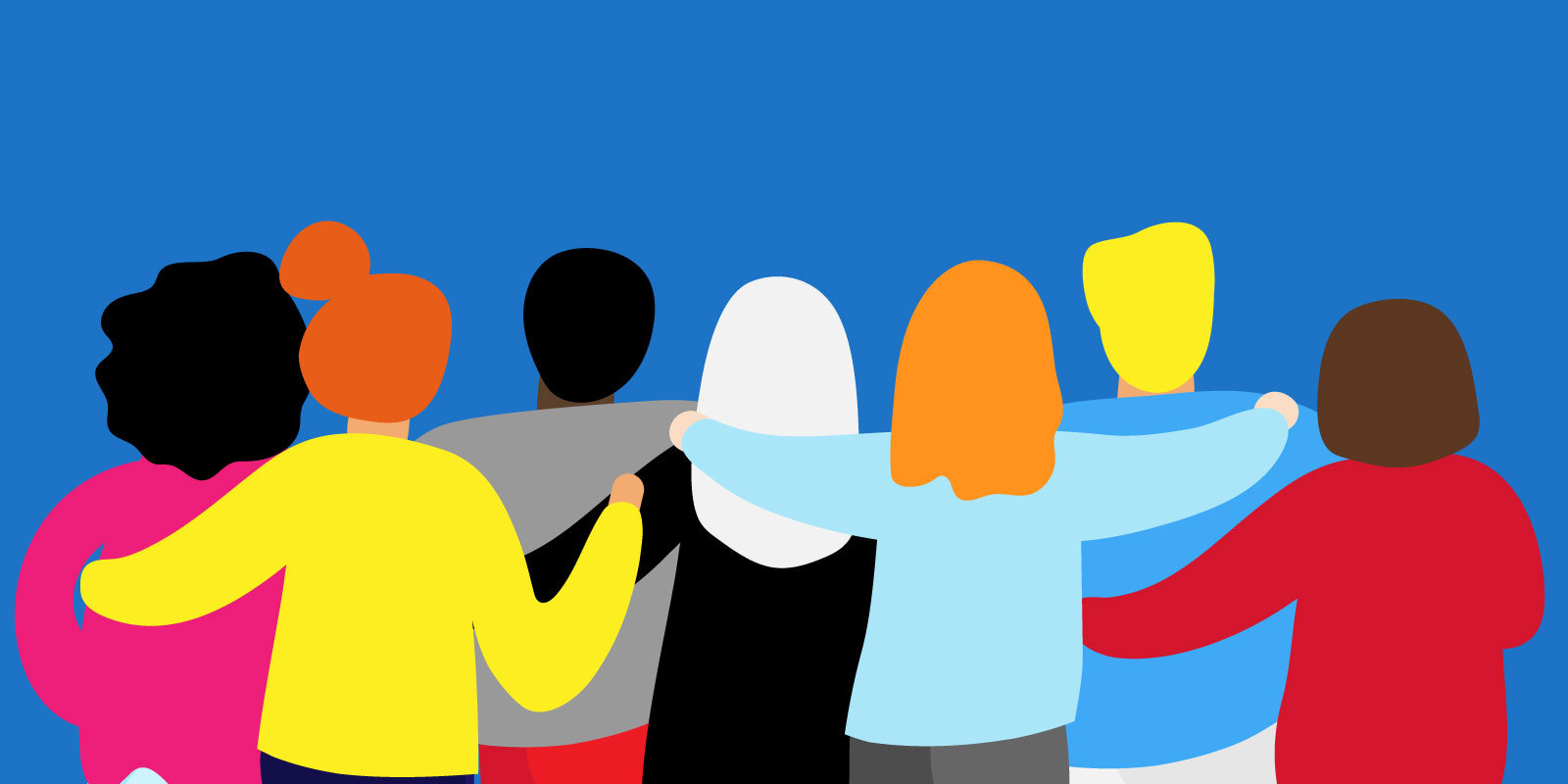Almost exactly a year after we shut our borders and fought one another over paper goods, escalating rates of mental health crises among virtually all demographics provide undeniable evidence of what happens when social supports break down.
As borders begin to open, sanctions are lifted, and we work to re-establish connections, here are 10 take-away messages to consider:
An inability to share support = diminished sense of purpose
- People have a strong drive to support others. Doing so promotes a personal sense of usefulness and control.
- The absence of psychologically safe means of supporting others is frustrating and leads to learned helplessness resulting in feelings of anxiety and depression.
- The most compassionate people are those who express their support before it is requested.
- People who want to support others are searching for psychologically safe ways to do so. Likes, comments, and view counts undermine psychological safety in self-expression.
- Peoples’ preferences for how they express their good will vary, but we all want to be recognized in some way as empathic individuals.
An inability to receive support = a loss of trust and hope
- Decades of research in positive psychology demonstrate the need to nurture emotional health same as we do physical health. Access to a supportive community nurtures wellbeing.
- The mental health boost of 100 supportive messages is undermined by 1 derogatory message. Nurturing communities require trust.
- Receiving good will from a trusted community increases the likelihood we will give back when we can.
- Authenticity builds trust. Informal messaging, straight from the heart is more valuable than highly edited and professional messaging, in this case.
- We need an empathic community we can turn to whenever we need it – 24/7.
Bonus insight:
Our mental health care system does very little to promote emotional wellbeing, to reach out to those unable or unwilling to present for services, and to continue to foster resilience among those who have received mental health care by empowering them to give back.


